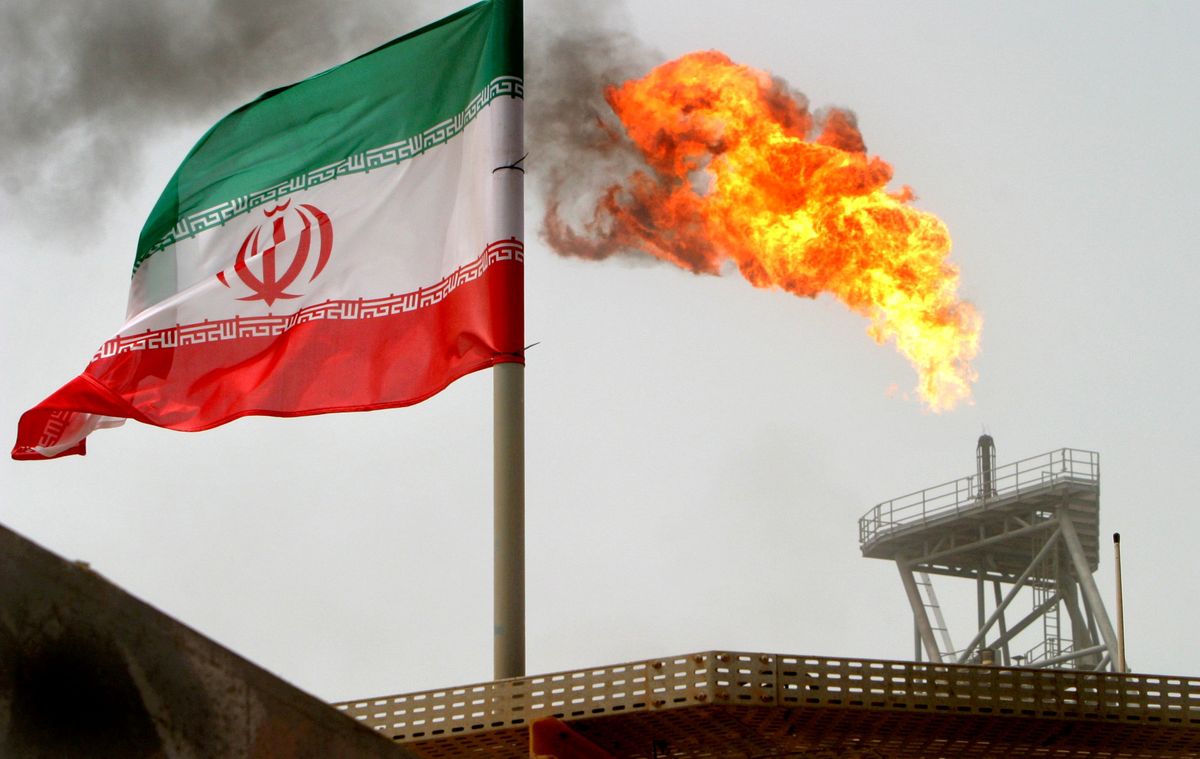The Trump administration is again tightening the screws on Iran, announcing yesterday that the US will sanction countries that continue to import oil from the Islamic Republic. Exemptions granted to eight countries last May – including China, India, Japan, South Korea and Turkey – are now set to expire next month.
This decision is part of President Trump's "maximum pressure" campaign against the regime in Tehran. It comes almost a year after he decided to ditch the Obama-era nuclear accord and reimpose financial curbs in place before the deal.
The situation for Iran could quickly go from bad to worse. Its economy was already expected to shrink by 6 percent this year, with prices rising by 37 percent. Iranian oil exports have more than halved since the US decided to withdraw from the nuclear agreement, but that fall has been cushioned somewhat by higher global oil prices.
Another steep drop in exports could send its economy into a true tailspin. The countries granted exemptions must now find new suppliers or risk facing US sanctions themselves.
US allies, like Japan, South Korea, and India, which buy almost half of Iran's oil exports will certainly cut back in the coming months. The big question is whether China, the destination for about one-third of Iran's barrels, will follow suit. As Beijing nears a grand bargain with the US on trade, it may not want to risk throwing a wrench into negotiations when it could simply pursue new energy sources instead.
The global backdrop: President Trump, fearing a spike in oil prices just like the one we saw following yesterday's announcement, avoided this step for many months. For now, Trump is banking on the cooperation of Saudi Arabia and other Gulf States to pump more oil and keep prices down, and we're likely to see diplomatic fireworks if they don't comply.
Upshot: The US decision to exit the nuclear deal was a symbolic act with limited immediate consequences. Now comes the real pain. These new restrictions will test the resilience of Iran's government and its people.





